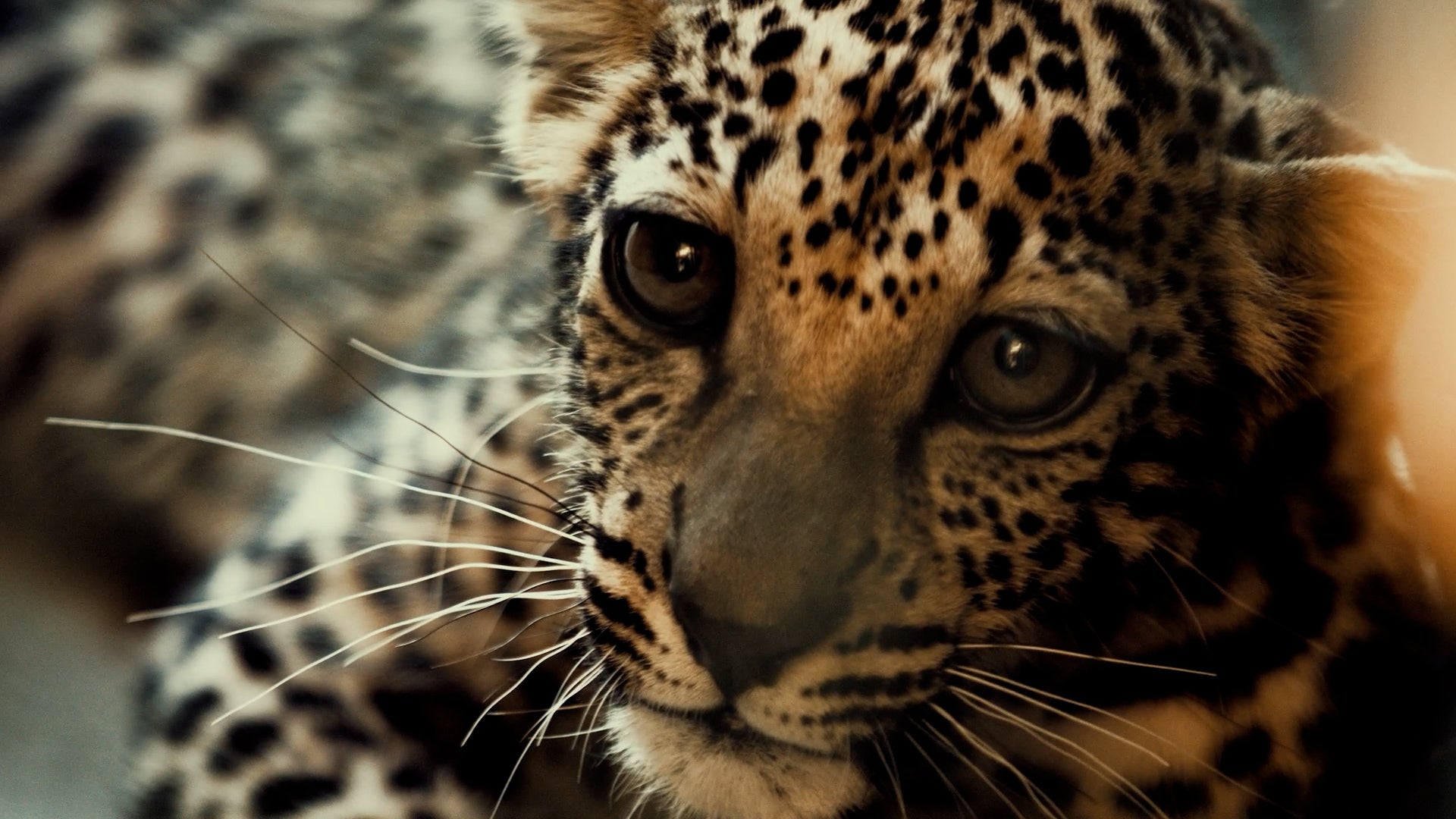Arabian Leopard Day: The mission to save the endangered big cat
Saudi Arabia’s Royal Commission for AlUla announces the inaugural international day to galvanise public awareness of the Arabian leopard’s plight

There are only an estimated 200 Arabian leopards remaining in the wild, giving them the unenviable label of being the rarest of the world’s eight leopard species.
Only found in Saudi Arabia, Oman and Yemen, today -10 February - has been declared Arabian Leopard Day, in a bid to raise awareness of the critically endangered big cat.
The inaugural event is one of several new initiatives to help save the species from extinction. Central to the efforts is the work of the Royal Commission for AlUla, an area in the north west of the Saudi Arabia that’s making waves as a new eco tourism destination.
Supported by charity and NGO partners, The Royal Commission for AlUla is aiming to become the custodians of the Arabian Leopard’s future and to help boost its numbers across the region.
The first Arabian Leopard Day will be marked by the lighting up of iconic landmarks such as King Road Tower, Jeddah, Adeer Tower, Al Khobar, King Faisal Foundation, Riyadh, Burj Khalifa, Dubai and a digital screen on Muscat University Road, Oman.
The Royal Commission for AlUla has also set up the Arabian Leopard Fund to galvanise public support and raise awareness of the leopard’s plight.
The goal is to eventually rewild Arabian leopards by reintroducing the cats back into the AlUla mountains. Through partnerships with organisation such as the International Union for Conservation of Nature (IUCN), The Royal Commission for AlUla is working hard to establish and expand nature reserves, providing park ranger training to AlUla residents, and creating a Arabian leopard breeding centre in the Sharaan Nature Reserve.
Join our commenting forum
Join thought-provoking conversations, follow other Independent readers and see their replies
Comments